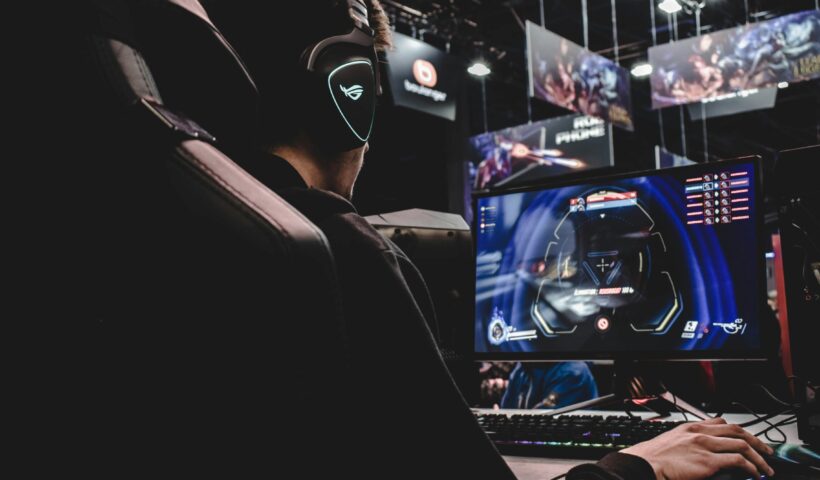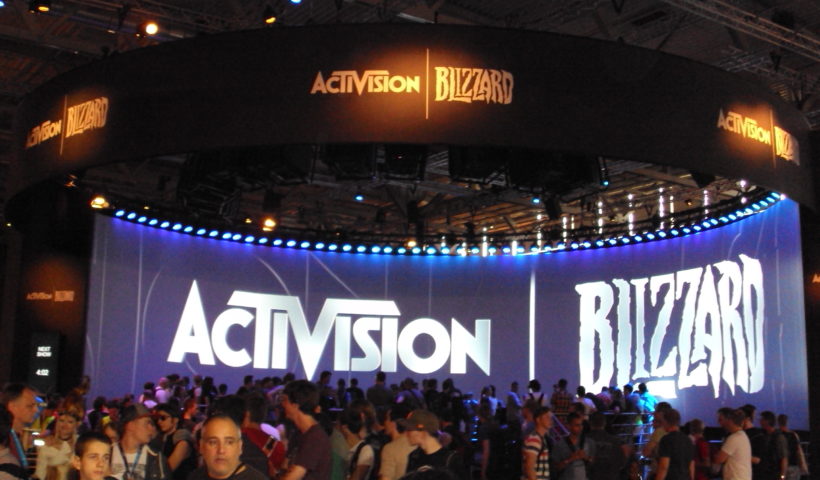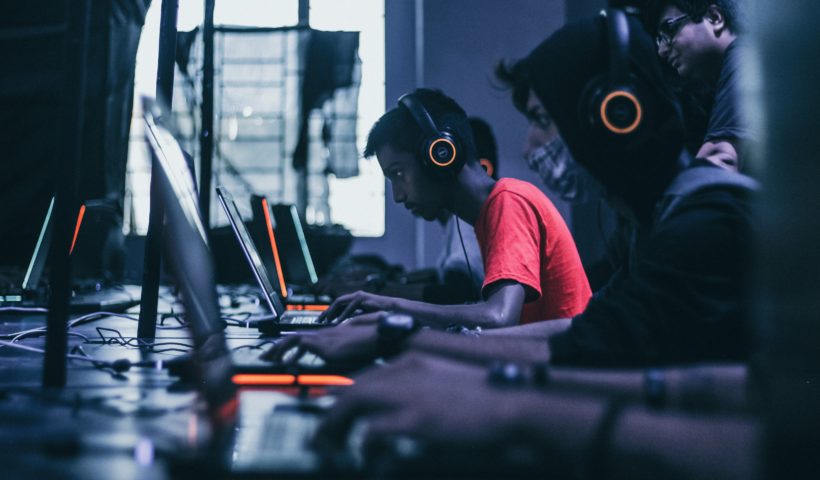The highly anticipated MMO survival game, The Day Before, faced significant backlash upon release due to misleading marketing tactics by Fntastic, the game developers. The discrepancies between the polished trailers and the actual state of the game, coupled with allegations of fabricated footage and unfair labor practices, have led to widespread disappointment among players. This incident highlighted the need for greater transparency and accountability within the gaming industry, emphasizing the importance of ethical marketing practices to rebuild trust between developers and players.
View More The Day Before: The Ethical Lesson of Misleading Game MarketingTag: Video Games
How Free is Freemium? An Analysis of the Ethics of the Freemium Model in Video Games
The freemium game model has seen many variations throughout the evolution of the gaming industry. This paper explores the many forms that freemium models have taken, analyzing the practices employed by developers to monetize their games. The ethical implications of these practices will be examined, focusing on the impact of these practices on player experience, fairness, and the overall health of the gaming community.
View More How Free is Freemium? An Analysis of the Ethics of the Freemium Model in Video GamesVideo Game Potential for Social Good
Four years ago, the game developers behind the hit game Borderlands 3 and McGill University partnered to create Borderlands Science, a minigame that gamers would complete to help researchers categorize DNA sequences from microbes found in the human gut. While the project was initially met with skepticism, it has since proven to be extremely successful. Over 4.5 million people have contributed to scientific research through the video game. Borderlands Science establishes an important precedent for the role video games can have in scientific research and social good.
View More Video Game Potential for Social GoodWhy the Microsoft vs. Sony “Console War” May Be a One-Sided Battle
As Microsoft inches closer to finalizing its acquisition of Activision Blizzard, the console war between the Xbox and PlayStation systems continues. Although Microsoft has already conceded the Call of Duty franchise to Sony, it is unclear how the acquisition may tip the scales. Microsoft’s position as a global software powerhouse brings into question whether they even need to win the console war to survive.
View More Why the Microsoft vs. Sony “Console War” May Be a One-Sided BattleWhy Educational Game Design Matters
Kerbal Space Program 2 has just been released, and the scientific community is beyond thrilled. The original Kerbal Space Program is a beloved video game that encourages players to learn rocket science through a complex and realistic physics engine. It tackles a unique design challenge of being educational and fun and has suggested the value of enjoyment as the most necessary aspect of learning.
View More Why Educational Game Design MattersWhy Ethical Free-to-Play Game Design Matters
The recent release of Blizzard Entertainment’s “Overwatch 2” has sparked many conversations in the gaming community centered around the ethics behind free-to-play video games and the duty that developers have to their consumers. As the game industry continues to shift away from a traditional one-time purchase model, developers must continue to consider what they can do to keep games as fair as possible for all players.
View More Why Ethical Free-to-Play Game Design MattersActivision Blizzard and The Harrowing Path for Diversity in the Video Game Industry
Since 2021, video game companies such as Activision Blizzard have come under fire after several employees reported sexual misconduct. The legal battle between the California Department of Fair Employment and Housing and Activision Blizzard shows how reformation within the industry’s social infrastructure is crucial.
View More Activision Blizzard and The Harrowing Path for Diversity in the Video Game IndustryApple’s Control of the App Market
Apple has faced a lawsuit over their in-app payment policies, and recently filed an appeal to delay the judge’s decree that they allow app developers to direct users to third-party payment platforms — but do they have an ethical justification for this?
View More Apple’s Control of the App MarketPay to Play: The Ethics of Video Game Economics
Video games provide endless hours of fun for people of all ages, races, and genders. Gamers may not realize, however, that certain elements of their favorite form of entertainment may pose a serious threat to their wallets—and even their mental health. Game developers employ various techniques to manipulate users into purchasing items in the in-game store, including lockouts, reward removal, and loot boxes; considering virtue ethics and computer scientists’ ethical code emphasizes the need to remedy this exploitation.
View More Pay to Play: The Ethics of Video Game Economics








